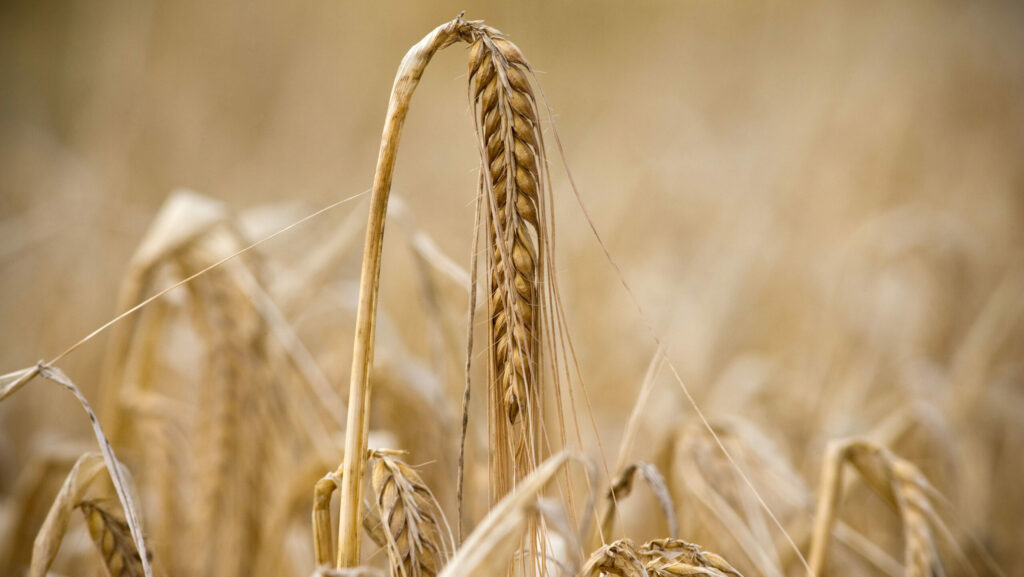Barley and oilseed rape prices make gains
 © Tim Scrivener
© Tim Scrivener Barley values gained £2/t in the week to Friday lunchtime (18 September), while wheat recovered to end the week at values similar to those of a week earlier.
This put average spot feed barley at £129.90/t ex-farm, and in a range from £125/t-£133/t. Support from export demand was evident, with the top end of the range mostly on offer within port catchment areas.
Feed wheat averaged just over £172/t ex-farm spot, with offers in a range from £166/t-£178/t ex-farm.
See also: What business interruption test case means for policyholders
The higher ex-farm prices of the past couple of weeks drew out some ex-farm supply and this combined with a stronger pound in the second half of the week kept a lid on any further rises, said merchants.
Volatility warning
But they warn of more price volatility ahead as sterling is likely to be buffeted by the rate of progress of Brexit negotiations and the impact of coronavirus on the UK’s economic outlook.
Spot ex-farm values are strong against the London November feed wheat futures contract, which on Friday lunchtime was back up at £177/t delivered, again ending the week at the same level as on the previous Friday, having been down at £174/t midweek.
Grain and soya prices generally have been buoyed in the past couple of weeks by a relatively high level of buying activity by China.
Oilseed rape gets a lift
A US Department of Agriculture report late last week did little for grain prices but lower soyabean production estimates, lower US year end stock figures for 2019/20 and 2020/21, along with a downgrade in the US crop rating, helped oilseed rape put on £4/t this week to average £346/t ex-farm on Friday.
Large Chinese purchases added to the stronger tone in this market, too. The country has reported a 31% increase in its national pig herd, with sow numbers up 37%, driving feed grain demand.
“Tight veg oil markets help support prices and persistent dry weather across the EU and Ukraine is also affecting new crop rapeseed plantings, which farmers are trying to get in before the end-of-September cut-off,” said Will Ringrose, ADM Agriculture’s head of oilseeds.
“While indications are that markets are overbought and we may see some short-term correction, that doesn’t mean we couldn’t trade higher.”
